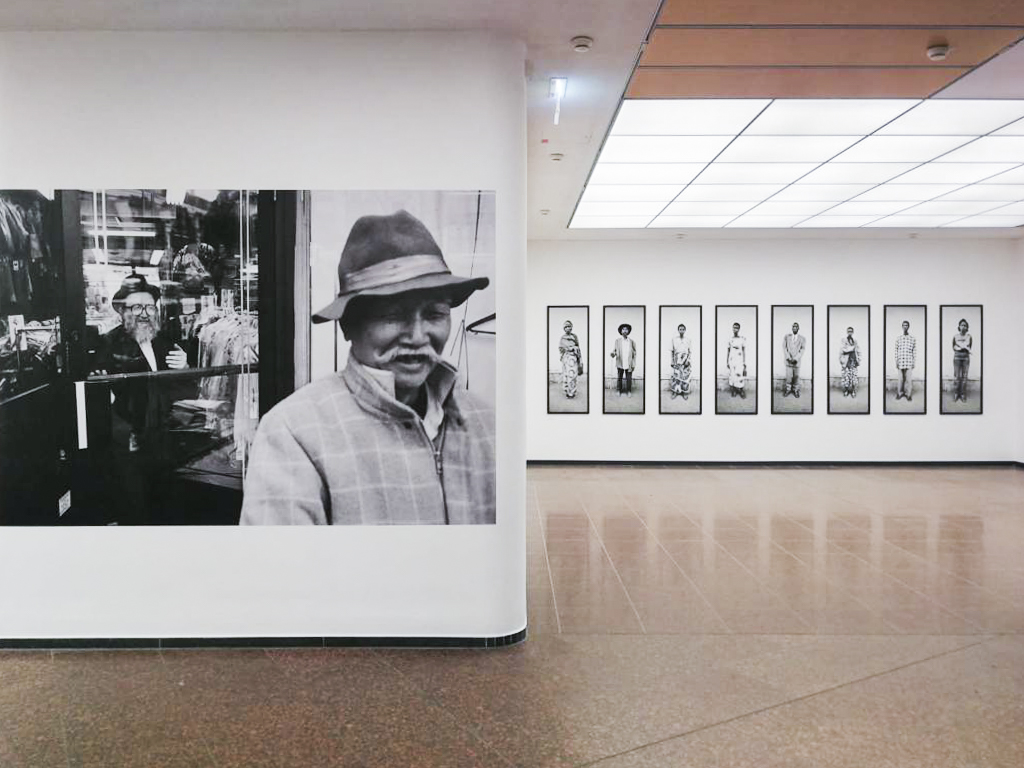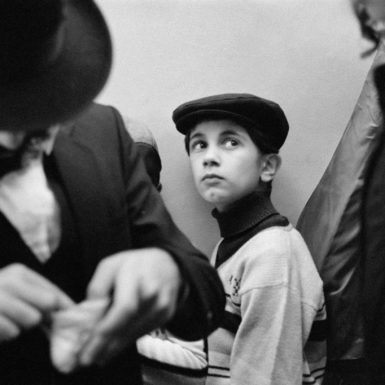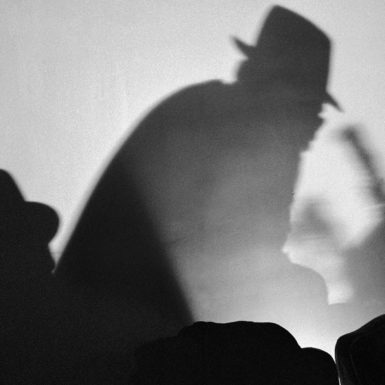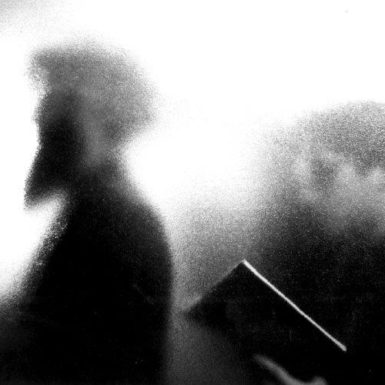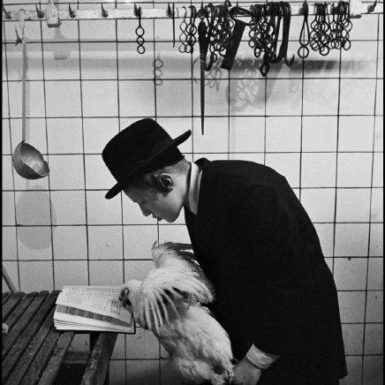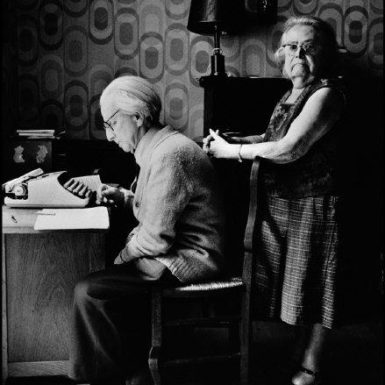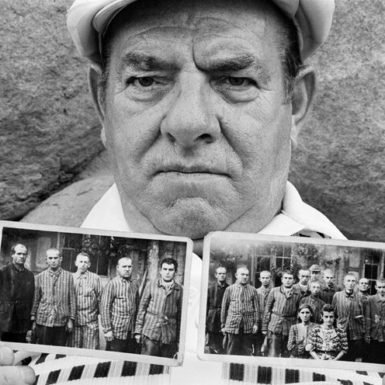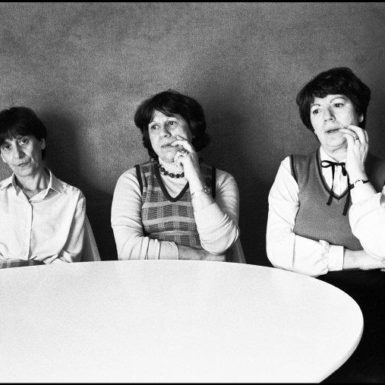“Is one Jewish when one ignores one’s religion and culture?”
From the late 1970s to the early 1990s, French photographer Patrick Zachmann (b. 1955) studied the Jews of France in search of his own identity. From Paris to Marseille, from the most orthodox to the most secular, from the textile wholesalers in the Sentier district to the last typographer of the Yiddish language communist daily Naye Prese, he captures the different facets of French Jewishness while, beginning in the 1980s and for the first time since the Second World War, anti-Semitic attacks were occuring in France.
Anticipating what would become known as the “era of the witness”, Zachmann attended the first World Gathering of Jewish Holocaust Survivors in Jerusalem in 1981.
A member of the prestigious Magnum Photos agency since 1985, he also made numerous reportages outside of France. His work took him to South Africa for the liberation of Nelson Mandela; to Chile, on the trail of former political prison camps; to Rwanda, where, six years after the Tutsi genocide, he brought back portraits of survivors. It was also the year he traveled to Auschwitz-Birkenau, where his paternal grandparents, Polish Jews who were stateless and immigrated to France after World War I, were arrested and deported in 1942. In counterpoint, in the 2010s, he returned to Poland and Ukraine where he followed joyful Hasidic pilgrimages, like so many “timeless” rites.
Finally, Zachmann made a “backwards voyage” to Algeria and eastern Morocco, where his mother was born, to the vestiges of this North African Judaism that has been present since time immemorial and which is now only a “vanished world” in the Maghreb, like that of the Yiddishland of his father’s family. He then crossed the destinies of migrants crossing the Mediterranean, which he recounts in the film Mare Mater.
The exhibition presents some two hundred works, including many unpublished photographs, from the late 1970s to 2015, accompanied by comments by the author, and a film, La Mémoire de mon père. It reveals a humanistic vision, nourished by the Jewish experience and inhabited by the universal questions of exile, disappearance and oblivion.
On view through 20 August at the Kunstfoyer in Munich.
Watch a BR (Bavarian Broadcasting) feature on the exhibition here (in German)
A selection of works featured in the exhibition

